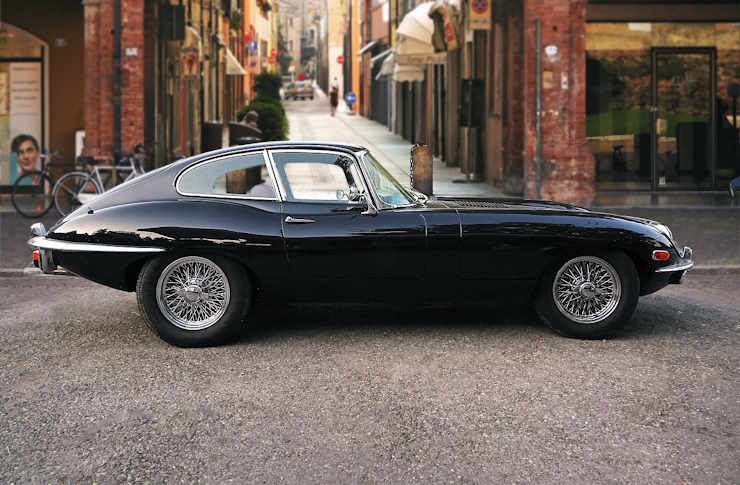Mapping the Cinematic Universe: A New Trend in Film Franchises
Introduction: Delve into the world of interconnected narratives as we explore the latest trend in the entertainment industry – The Cinematic Universe. Discover how this innovative storytelling approach is changing the landscape of film franchises, one movie at a time.

The Genesis of Cinematic Universes
The concept of cinematic universes, while it may seem like a contemporary invention, has its roots in classic Hollywood. The Universal Monsters franchise in the 1920s and 1930s, which included characters like Dracula, Frankenstein, and The Mummy, often intersected narratives and shared characters across films. However, the complexity and scale of these universes have exponentially increased over the years.
Marvel’s Mastery: A Cinematic Universe Blueprint
The current wave of cinematic universes gained momentum with the success of the Marvel Cinematic Universe (MCU). Launched in 2008 with Iron Man, the MCU has since expanded to over 20 films and numerous TV spin-offs, each interconnected and contributing to a larger narrative. This marketing strategy has not only proved profitable but also created a loyal fan base eager to follow the continuous storyline.
The DC Extended Universe and Beyond
Inspired by Marvel’s success, other studios have followed suit. Warner Bros. launched the DC Extended Universe (DCEU), interspersing standalone films with ensemble superhero movies. Despite some initial setbacks, the DCEU has gained traction with recent successes like “Wonder Woman” and “Aquaman.” Beyond superhero films, other franchises like “Star Wars” and “Harry Potter” have also started exploring interconnected narratives.
The Impact and Reception of Cinematic Universes
The impact of cinematic universes has been immense. They have reshaped the film industry by emphasizing long-term storytelling and character development. In terms of reception, while some critics argue that this trend leads to formulaic storytelling, audiences seem to love the intricate world-building and interlaced plotlines.
The Future of Cinematic Universes
As we move forward, the trend of cinematic universes shows no sign of slowing down. The MCU, despite wrapping up a major storyline in “Avengers: Endgame,” has several new phases planned. Meanwhile, other franchises are just beginning to explore this model, promising an exciting future for interconnected storytelling.
In conclusion, cinematic universes have revolutionized the way we consume film franchises. By creating a web of interconnected narratives, they offer audiences a deeper and more immersive experience, setting a new standard in the world of entertainment. The future, it seems, belongs to the cinematic universe.




